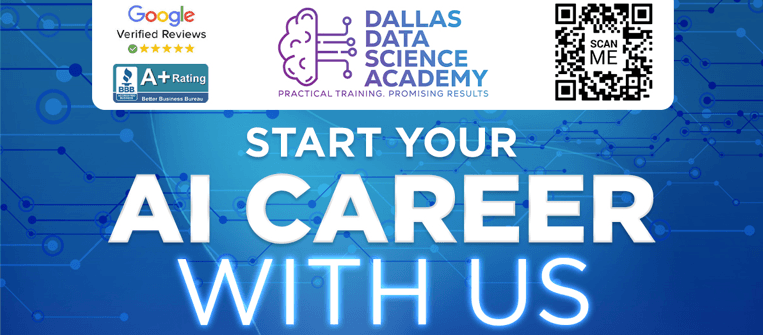Leveraging AI in Healthcare-Related Behavioral Economics: Improving Patient Outcomes and Reducing Costs
Artificial intelligence (AI) is rapidly disrupting industries worldwide, and healthcare is no exception. One exciting area where AI holds tremendous promise is healthcare-related behavioral economics. This field examines how psychological and social factors influence health decisions and how those decisions impact healthcare costs. By integrating AI into this domain, we can develop more effective interventions, improve patient outcomes, and reduce overall healthcare expenditures.
Personalized Medicine
AI is driving a shift toward highly personalized healthcare. By analyzing vast amounts of data, including genetic information, medical history, lifestyle factors, and even behavioral patterns, AI algorithms can make tailored treatment recommendations. This leads to more effective therapies with fewer side effects, ultimately improving patient outcomes.
A recent study published in Nature Medicine demonstrated how AI-powered analysis of gut microbiome data can predict individual responses to dietary changes, allowing for personalized nutritional plans to manage conditions like diabetes and obesity.

Disease Prevention
Prevention is often more cost-effective than treatment. AI's ability to identify at-risk individuals is a game-changer. By analyzing complex datasets, AI models can pinpoint those most likely to develop chronic diseases like heart disease or diabetes. Healthcare providers can then proactively intervene with targeted lifestyle recommendations and preventive measures, reducing long-term healthcare costs and enhancing quality of life.
Patient Engagement
Engaged patients tend to have better health outcomes. AI-powered chatbots and virtual assistants are revolutionizing patient interactions. These tools provide 24/7 support, personalized health advice, medication reminders, appointment scheduling, and can even detect changes in a patient's emotional state – prompting timely interventions when needed.
Studies have shown that AI chatbots tailored for specific conditions like chronic pain management can significantly improve patient self-efficacy and lead to better adherence to treatment plans.
Predictive Analytics & Proactive Care
AI's predictive capabilities are transforming healthcare delivery. By analyzing patient data, AI can forecast potential health risks, hospital readmissions, and even medication non-adherence. This allows healthcare providers to shift from reactive to proactive care, preventing complications, improving outcomes, and reducing hospitalizations.

Medical Billing and Coding
Administrative tasks like medical billing and coding are time-consuming and prone to errors. AI can streamline these processes by automating coding, reducing errors, detecting fraudulent activity, and ultimately saving significant healthcare costs.
Drug Discovery & Development
AI is accelerating drug discovery by analyzing massive datasets of molecular structures and biological pathways. It can identify promising drug candidates more quickly and even predict potential side effects. AI-powered tools are also being used to optimize clinical trial design. This streamlining can lead to faster, more cost-effective development of new life-saving medications.
Clinical Decision Support
AI provides real-time, evidence-based insights to healthcare providers. AI-powered clinical decision support systems can analyze medical images, suggest differential diagnoses, and recommend treatment plans tailored to individual patients – improving diagnostic accuracy, reducing medical errors, and optimizing patient outcomes.
Big Data Analysis & Public Health
AI helps make sense of the vast amounts of patient data generated by healthcare systems. Analyzing trends within electronic health records (EHRs) leads to insights into disease patterns, treatment effectiveness, and potential areas for system-wide improvement. AI is also invaluable in public health surveillance, facilitating rapid detection of infectious disease outbreaks and enabling targeted response efforts.

AI is poised to revolutionize healthcare-related behavioral economics, driving positive transformations in clinical practice and public health. This powerful technology paves the way for personalized interventions, proactive care, efficient administration, accelerated drug development, and ultimately, healthier populations at reduced costs. As AI continues to advance, we can expect even more innovative applications and a future where healthcare is truly data-driven and patient-centered.

Dallas Data Science Academy stands out for its distinctive approach of LIVE mentoring, offering individualized attention and immersive hands-on training through real-life projects guided by practicing Data Scientists based in the USA. Our excellence reflects in the numerous 5-star Google reviews from a vast array of contented students. Secure your spot for our free sessions by visiting DallasDataScienceAcademy.com/Classes. Join us to shape your AI journey!
